In a few days, Lankum will most likely win the 2023 Mercury Music Prize for their fourth album False Lankum – but don’t let that put you off.
Increasingly, the Irish quartet feel like they belong to the lineage of artists who have wreaked radical and lasting change upon British and Irish folk traditions, from Davey Graham, Fairport Convention and Pentangle to Steeleye Span, the Pogues and Lau. The kind of artists who burrow deep into the forest of tradition in order to plant dynamite within the heartwood.
Appearing at the Edinburgh International Festival (EIF), Lankum played a set spilling over with invention, irreverence and attrition. Four chairs lined the front of the stage, all but obscured by a sea of exotic instruments – pump organs, pipes, acoustic guitars, accordions, a hurdy-gurdy; the kinds of instruments musicians strap themselves into and then hang on to for dear life. There was sawing and droning and whirring and creaking; at times, we might have been below deck on a ship heading for Ellis Island. They also had a very big drum, which touring member John Dermody sometimes deployed with the brutal efficiency of a contract killer, at other times evoking the driving narcotic pulse of the Velvet Underground.
Lankum go long. It can take several minutes for a piece of music to emerge from the mists to gather a head of steam, before gaining the kind of momentum which isn’t easily brought to heel. Several songs lasted more than ten minutes, during which once familiar landmarks in the traditional ecosystem were pulled up by the roots. They turned ‘The Wild Rover’ into something not so much wild as feral, a funereal, drone-scarred exercise in drama and dynamics. ‘Rocky Road to Dublin’ was severely traumatised, the torrential flow of words eliding into something chilling and almost ambient, all squeaks and ominous aural shadows. I found myself scribbling ‘Jaws Theme’ next to ‘Brian Eno’ next to ‘Tom Waits mad parade music’.
The vocals were shared around. Radie Peat has a voice like sharpened steel; it could slice through glass without leaving a mark. Her vocal on the showstopping ‘Go Dig My Grave’ was spectral. It is a desperate tale, and the music matched it. Shortly before the tensile drone became almost unbearable, the drums entered like an explosion and the song rose to a frenzied atmospheric climax.
Daragh Lynch has a softer touch than Peat. His lilting voice and song-based approach brought the music closer to the troubadour tradition. For Lankum aren’t merely concerned with radical reinterpretation; they have original songs, too. ‘The Young People’ and ‘Cold Old Fire’ are despatches from modern Ireland’s struggles with suicide, addiction, poverty and historical legacy, and they already feel like part of the canon. These are sad songs, pulled from the quotidian life, the choruses delivered in a tumble of harmony. ‘We always sing, even when we’re losing,’ was the opening line of ‘Cold Old Fire’, which set alight the very lineage Lankum lean on.
There was no room for cheap sentiment. To underscore the point, Lynch made a fine fist of Cyril Tawney’s bleak ‘On a Monday Morning’, while his brother Ian Lynch sang ‘The New York Trader’, which drove through on a murderous single note. Though the song identifies the USA in the traditional fashion as ‘Amer-ee-kay’, nothing about Lankum feels nostalgic or sepia-tinged. This is folk, Peaky Blinders style.
Portuguese singer Mariza is a global superstar of fado music, and she evidently has few qualms about living up to her billing. Every inch the diva in a sparkly silver number, her slick EIF show at the Festival Theatre featured plenty of imperious chatter. At one point she implored us all to sign up to her Instagram account so she could gain more followers than Cristiano Ronaldo.
Her inspirational pep talks might have been a little lightweight, but her voice was wrought from the hard, heavy stuff. Backed by a fine five-piece band playing accordion, acoustic guitar, Portuguese guitar, bass and drums, Mariza delivered fado-deluxe, a good deal more sleek and well-set than the sounds one might hear in the harbour bars of Lisbon, incorporating elements of Brazilian jazz, soul, blues and gospel.
Yet when she placed the microphone in her lap to sing unamplified, the raw sorrow at the heart of the music was there for all to hear. Presented as a tribute to the original Queen of Fado, Amalia Rodrigues, ‘Lagrima’ was particularly affecting. Mariza’s may be a more serene interrogation of traditional music than the one Lankum are currently undertaking, but it is no less assured.
Got something to add? Join the discussion and comment below.
Get 10 issues for just $10
Subscribe to The Spectator Australia today for the next 10 magazine issues, plus full online access, for just $10.
You might disagree with half of it, but you’ll enjoy reading all of it. Try your first month for free, then just $2 a week for the remainder of your first year.

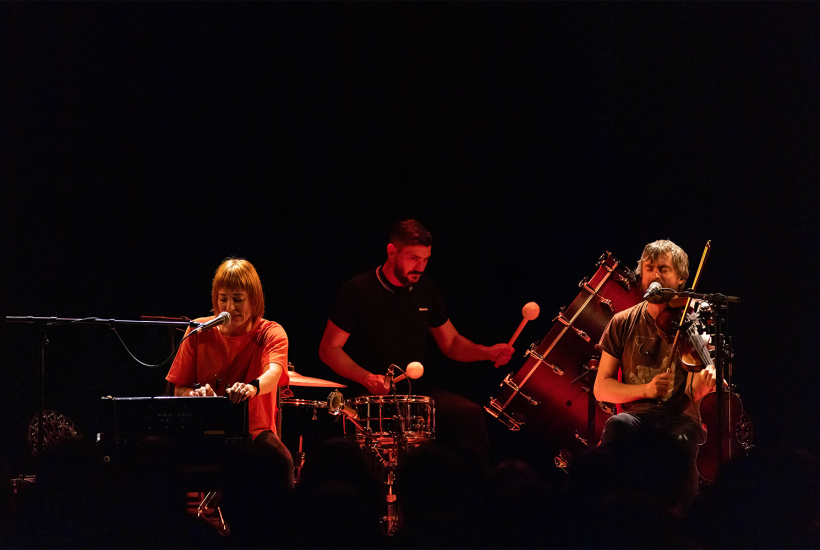
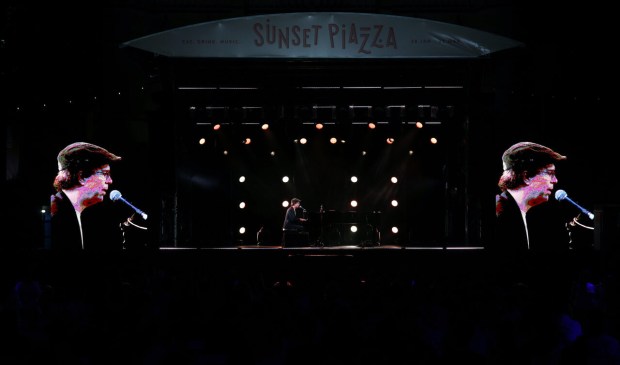
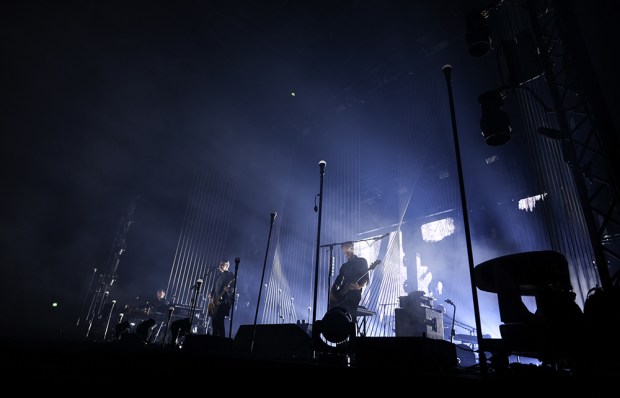
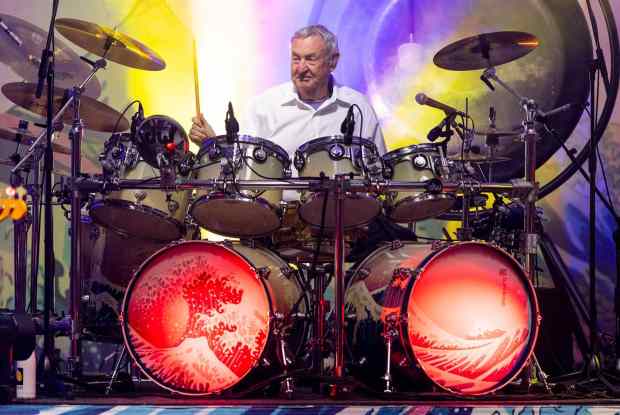
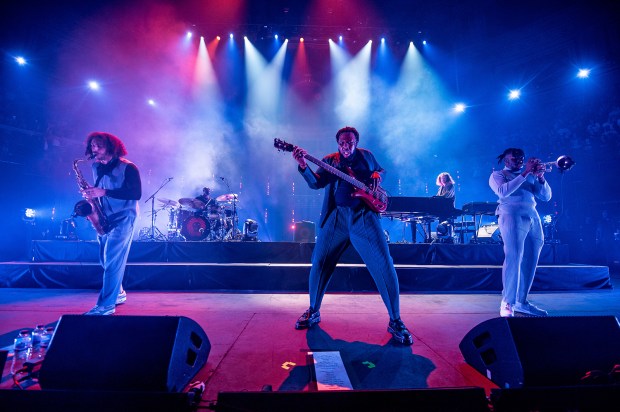
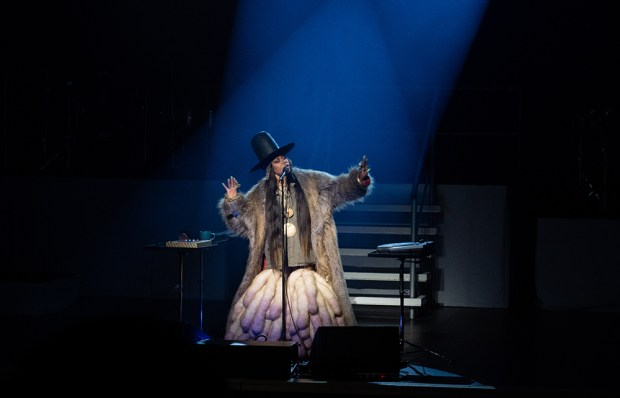






Comments
Don't miss out
Join the conversation with other Spectator Australia readers. Subscribe to leave a comment.
SUBSCRIBEAlready a subscriber? Log in